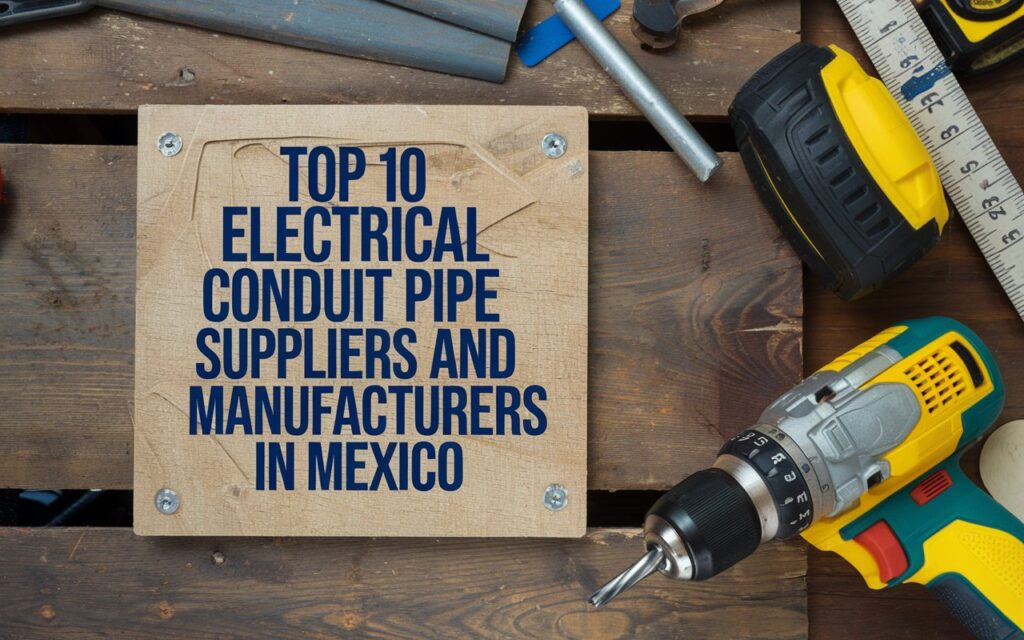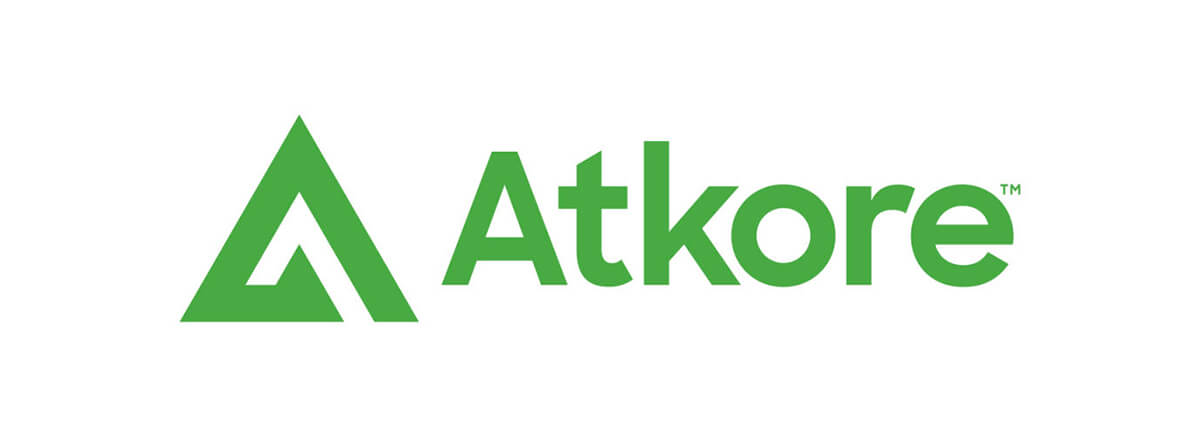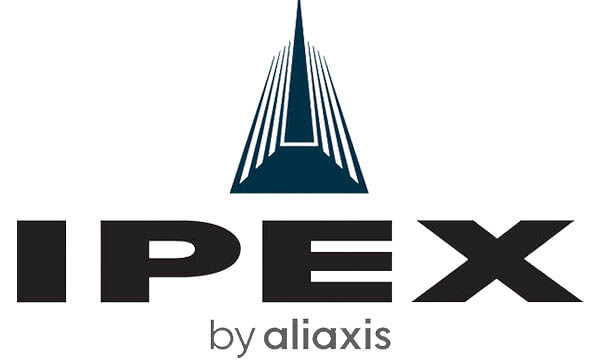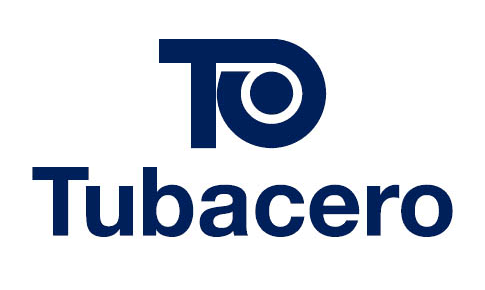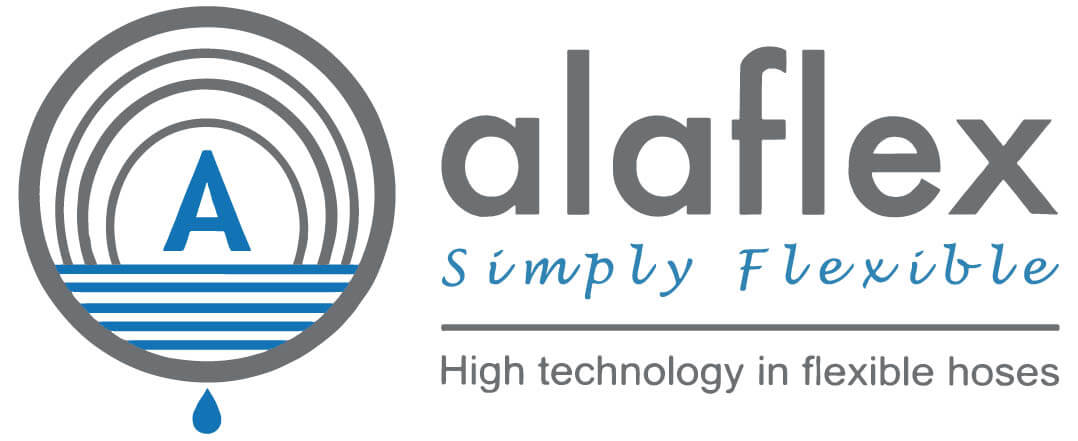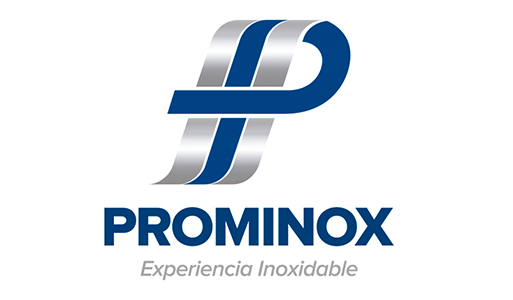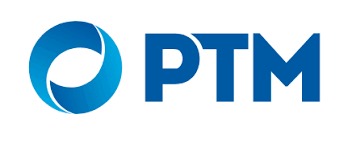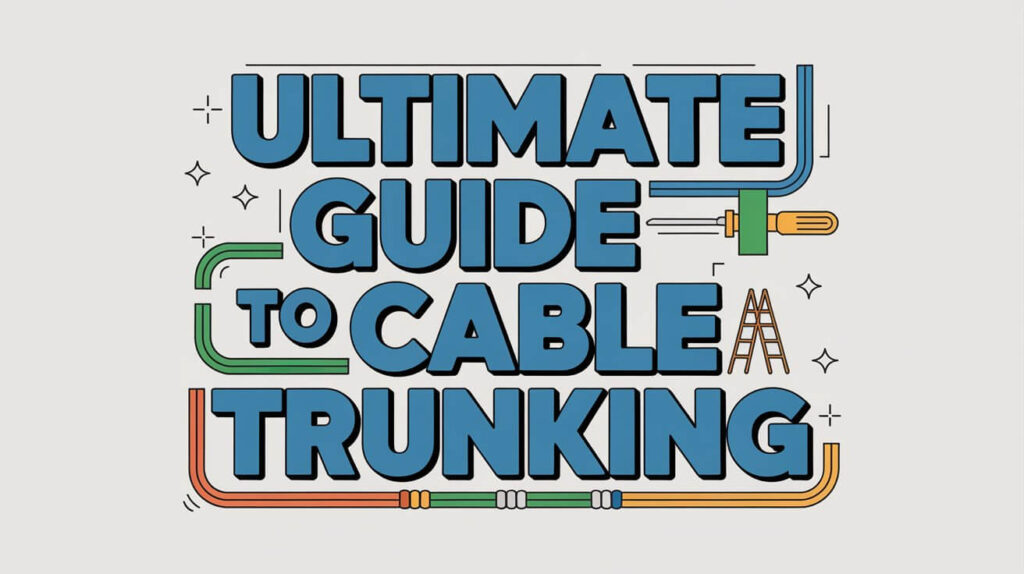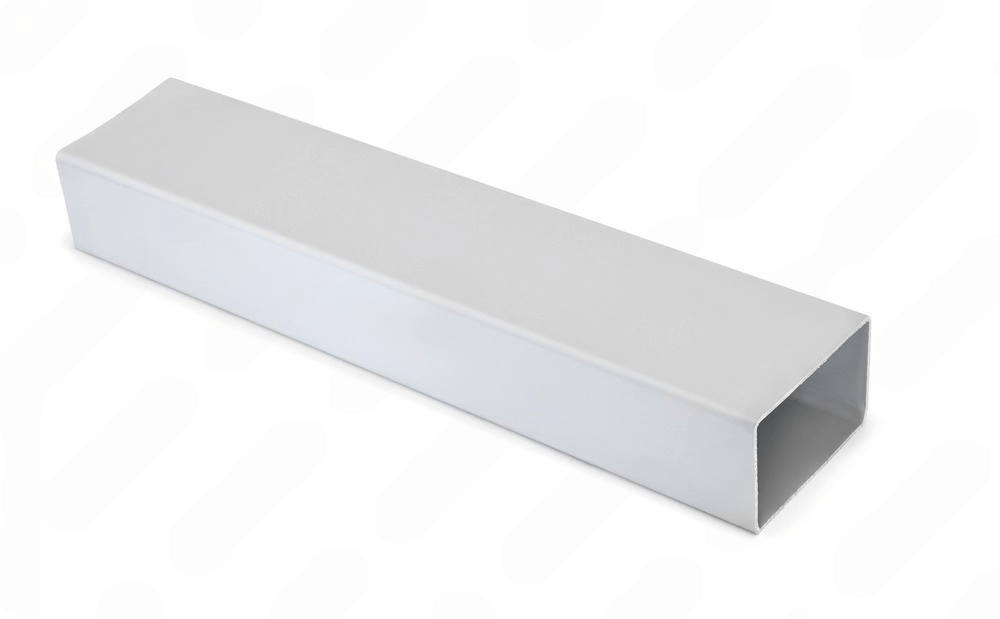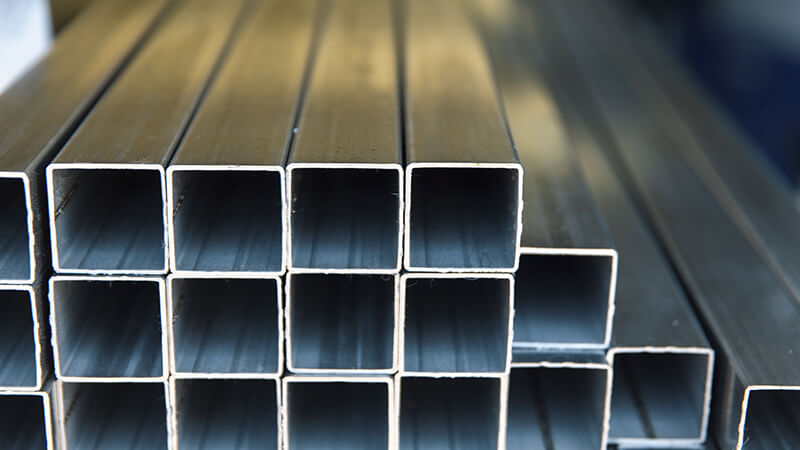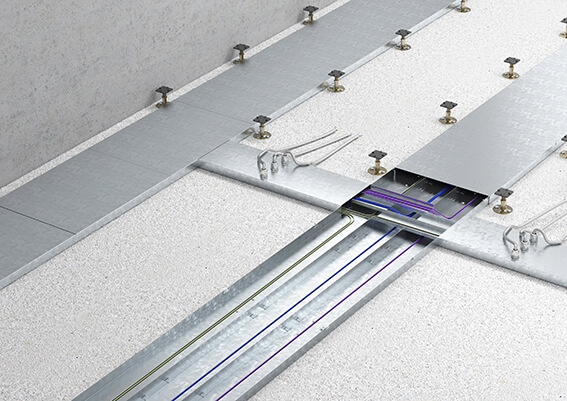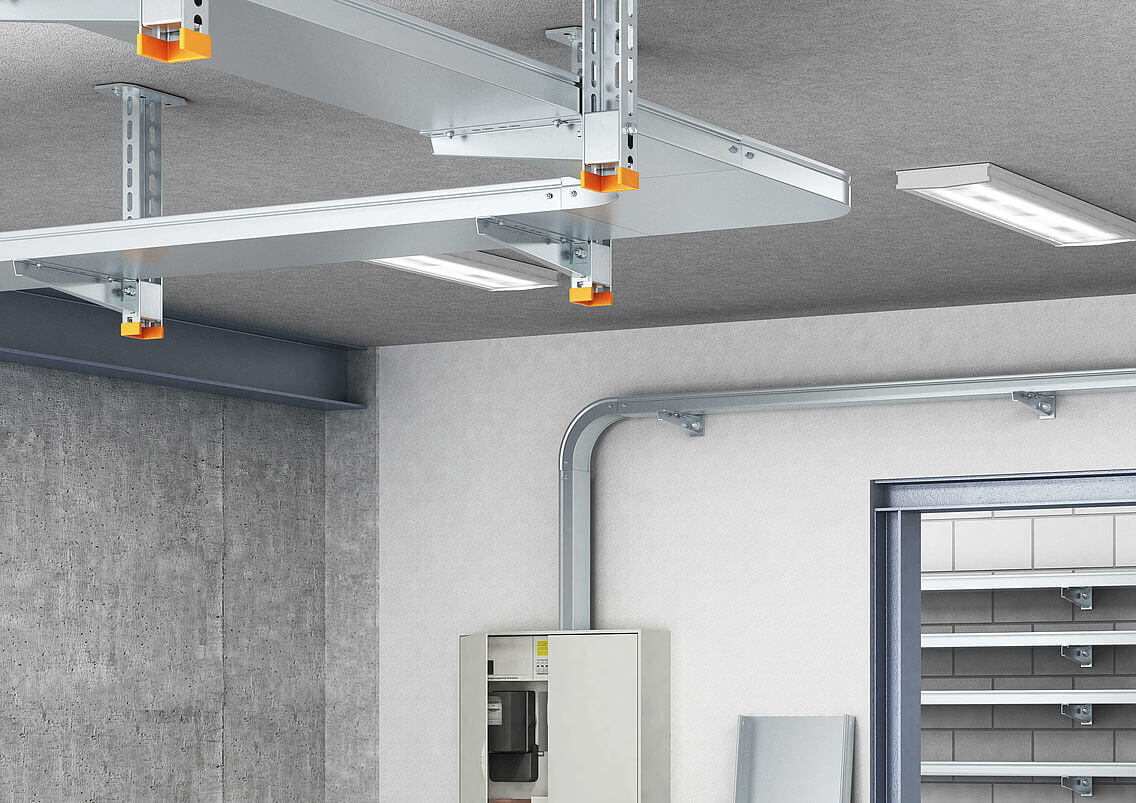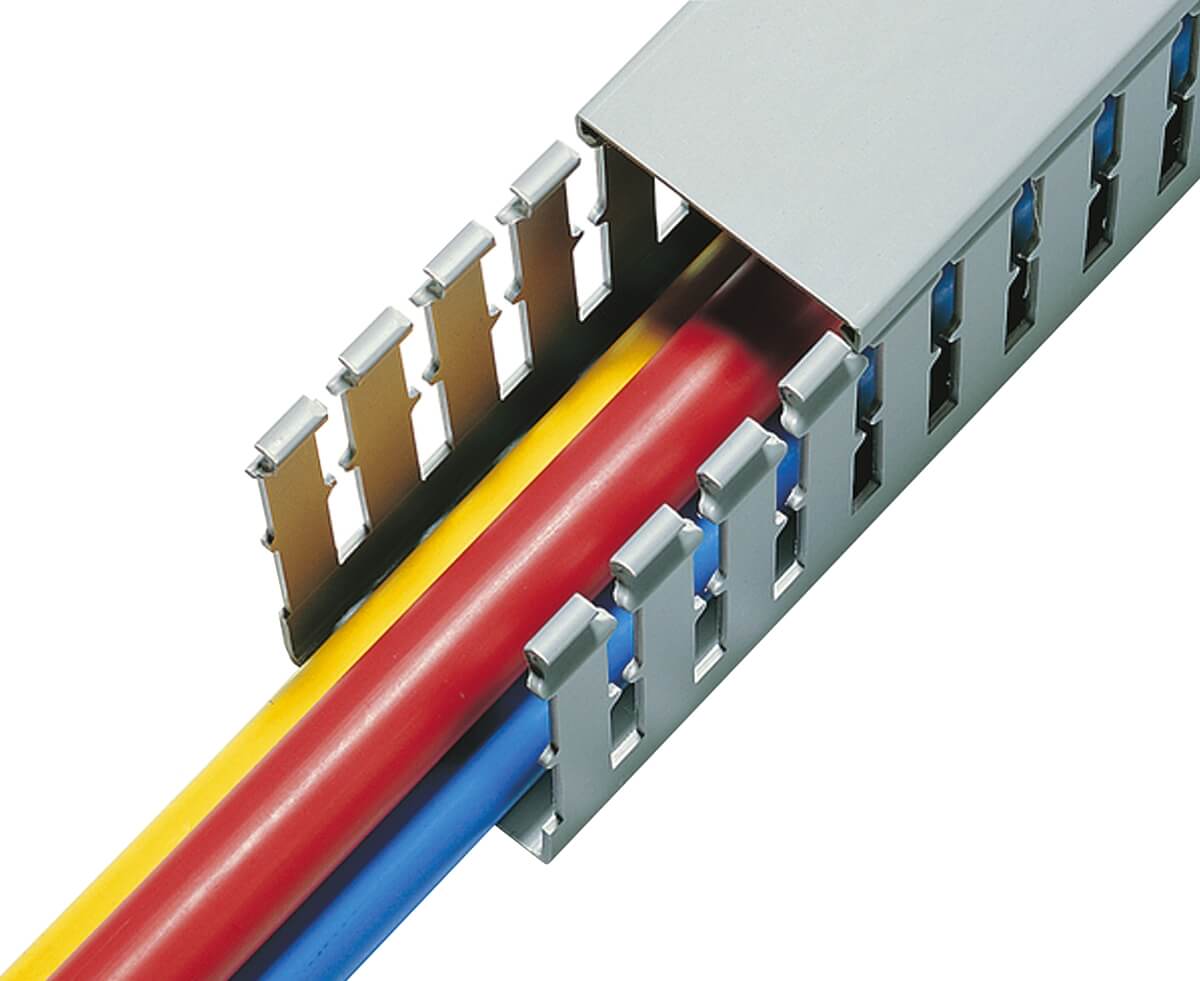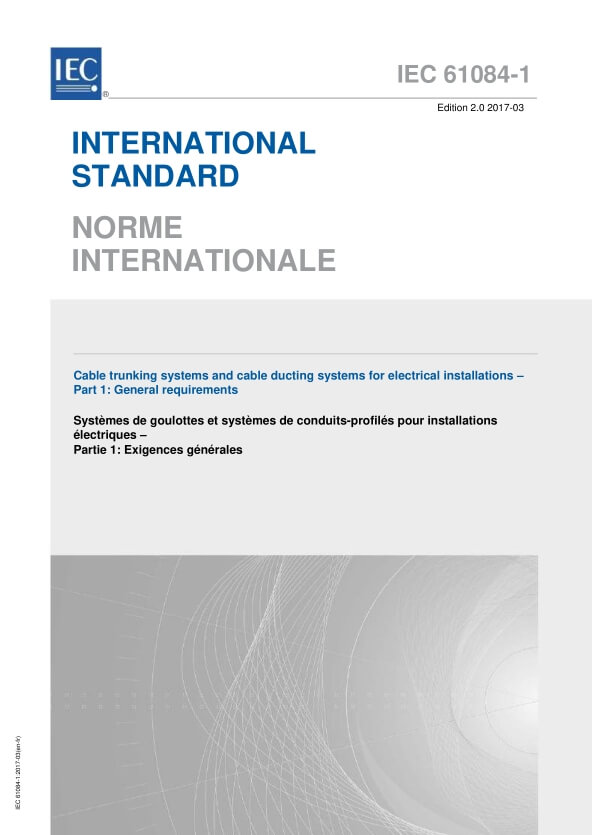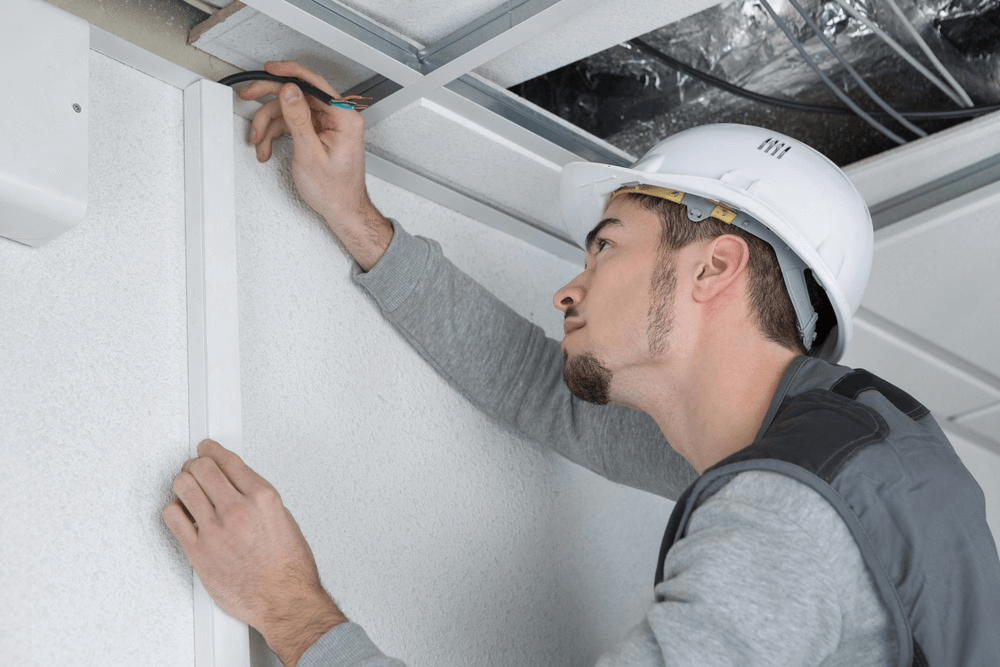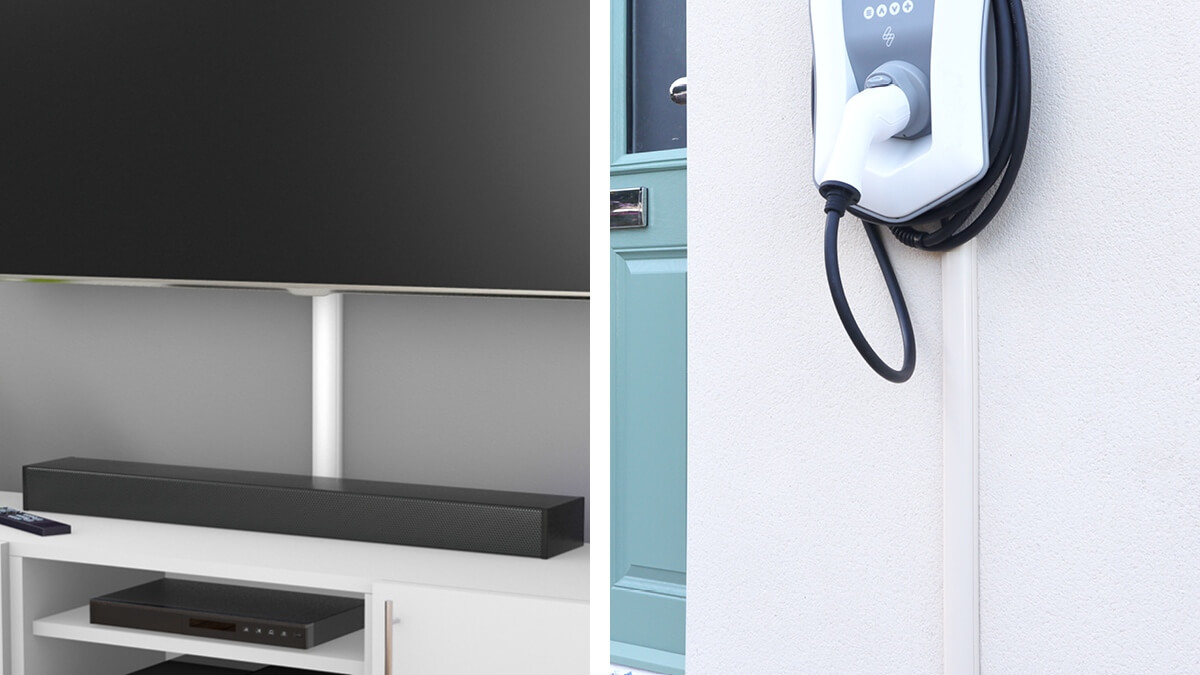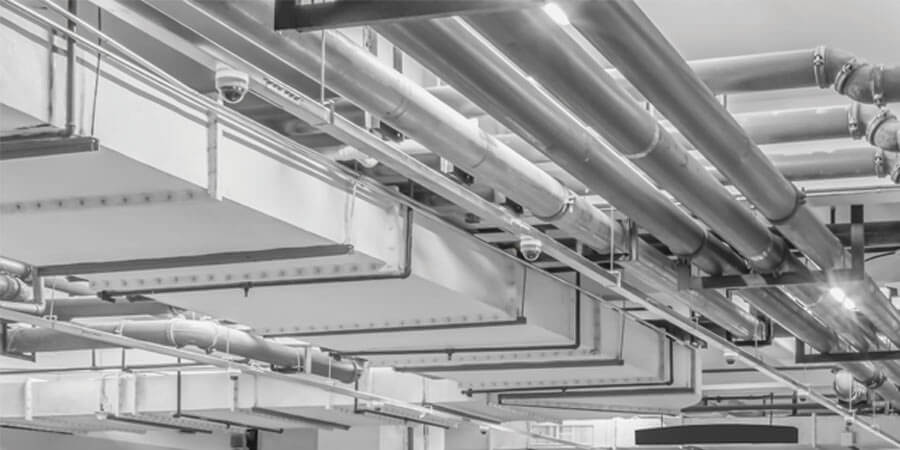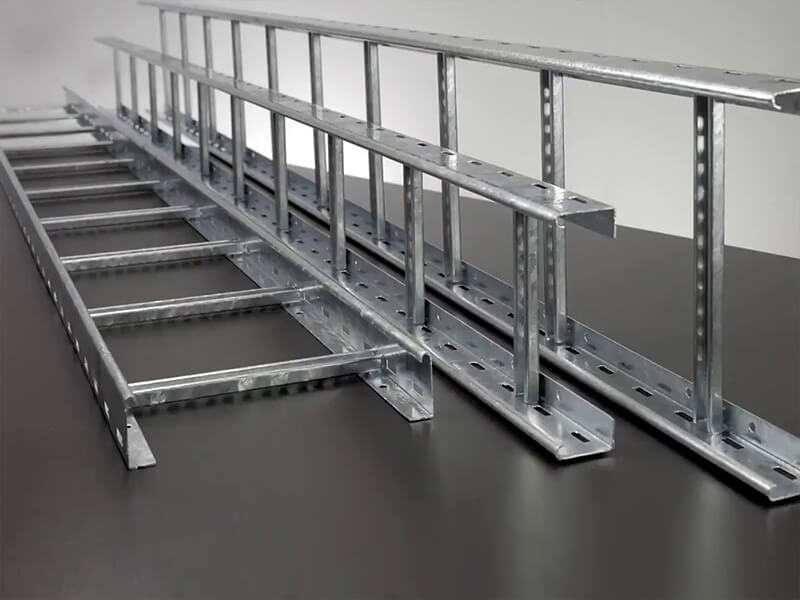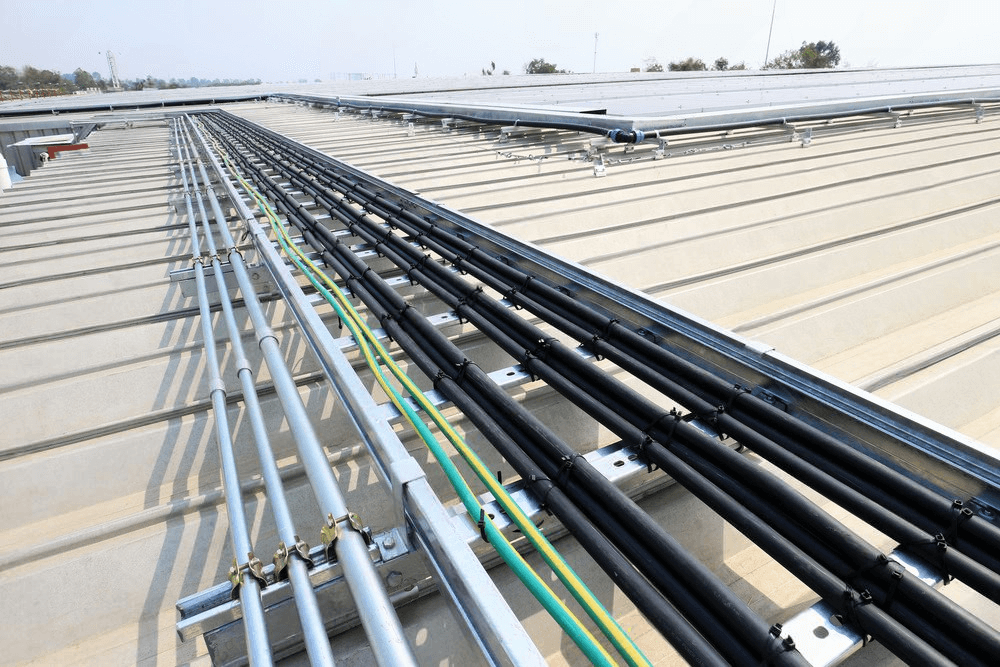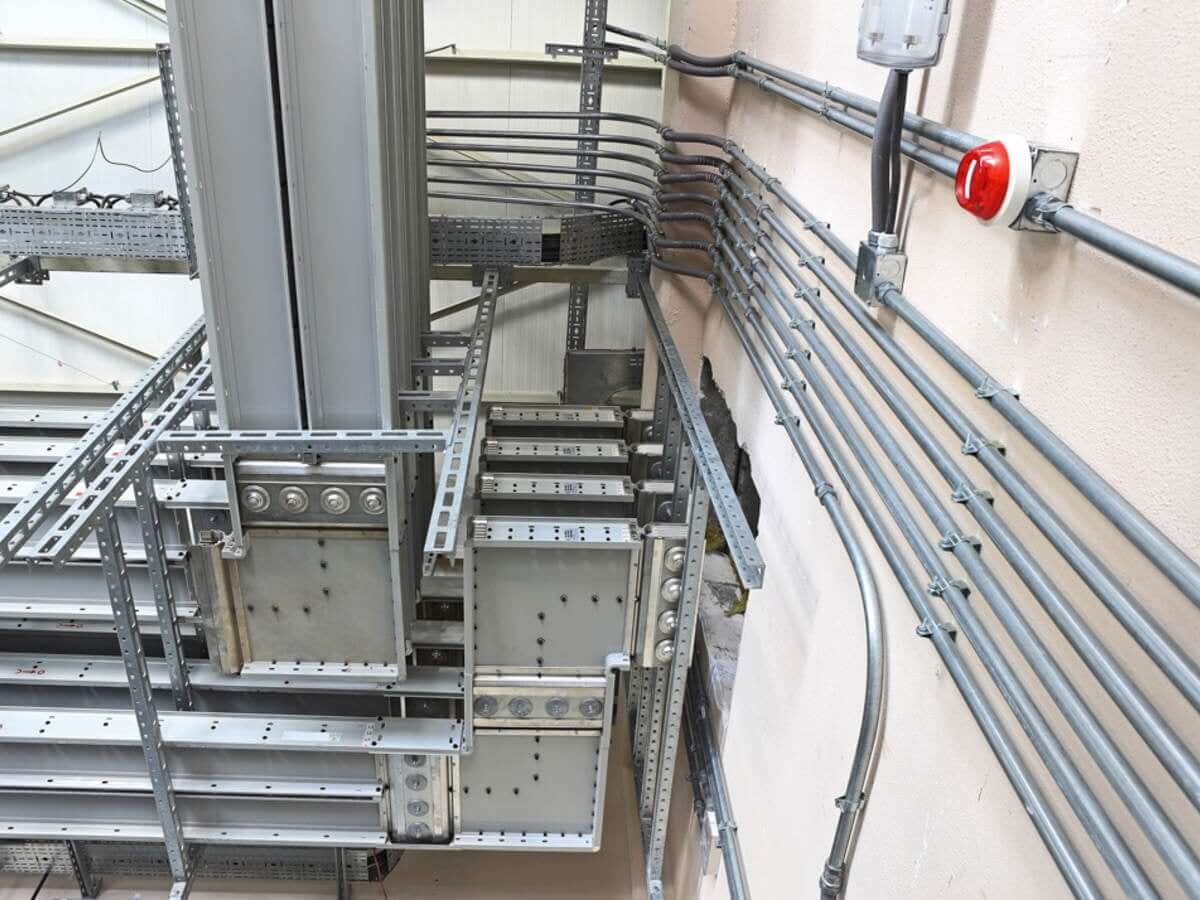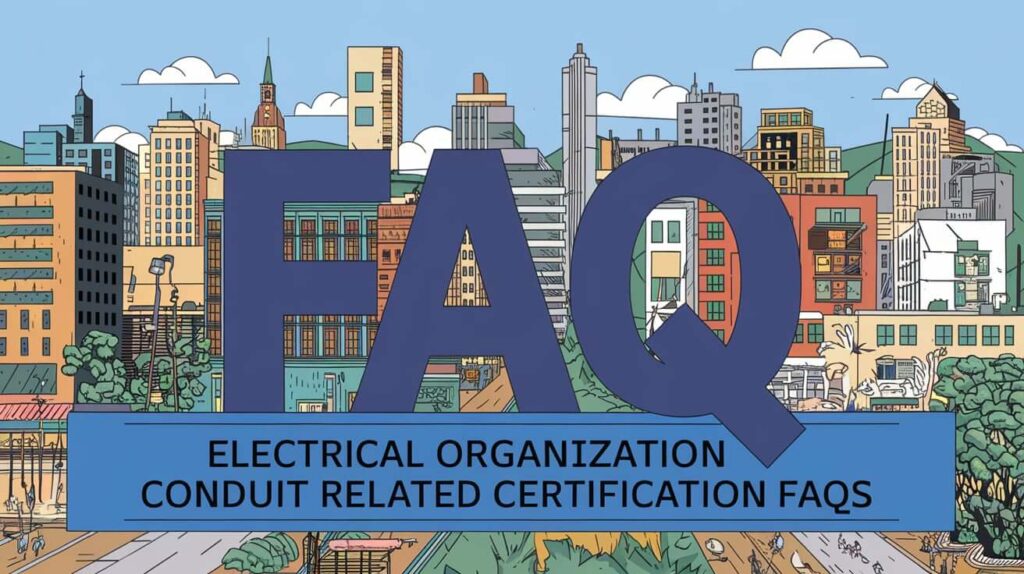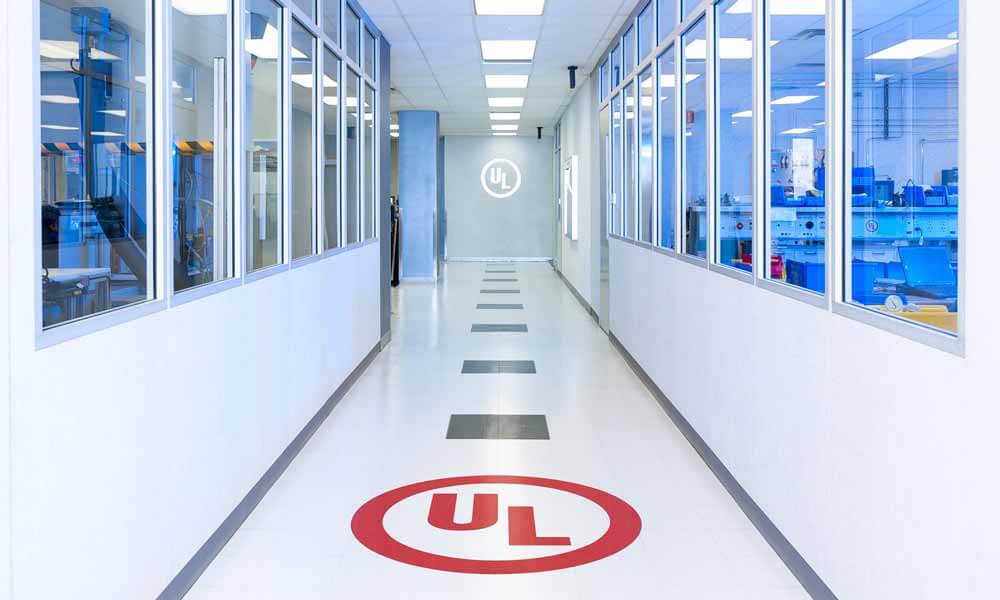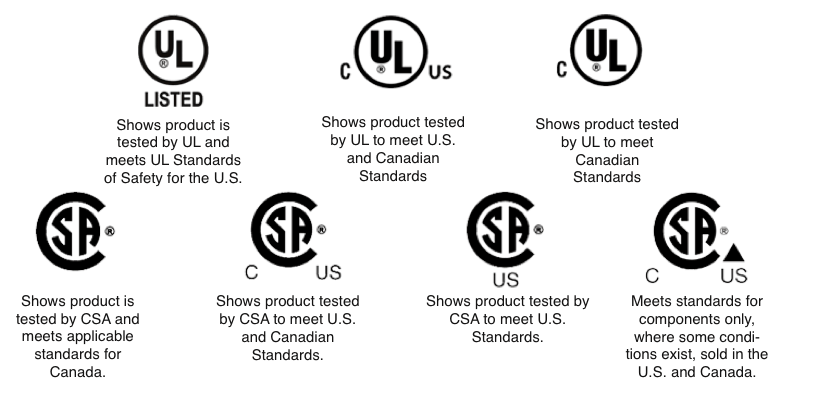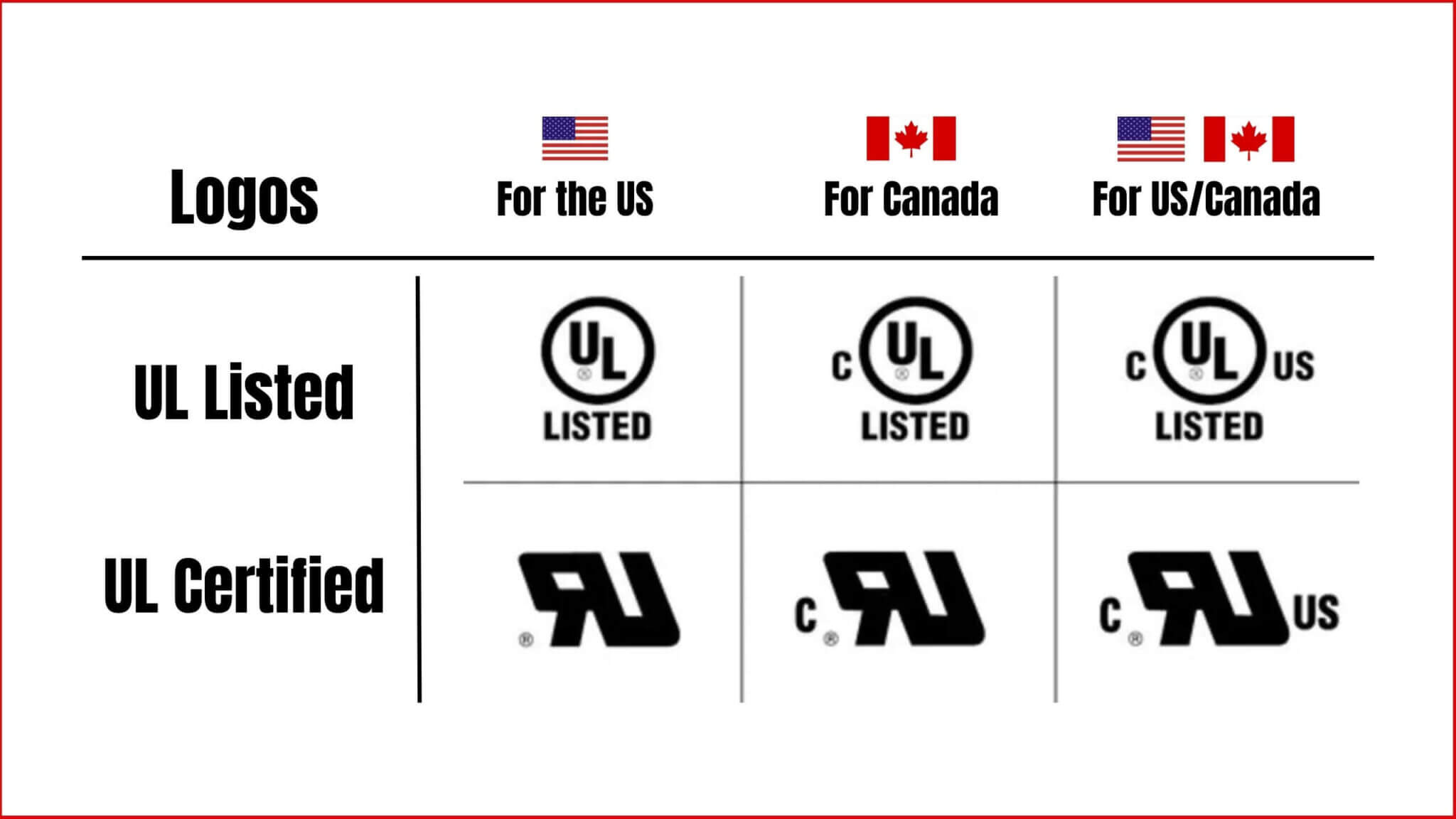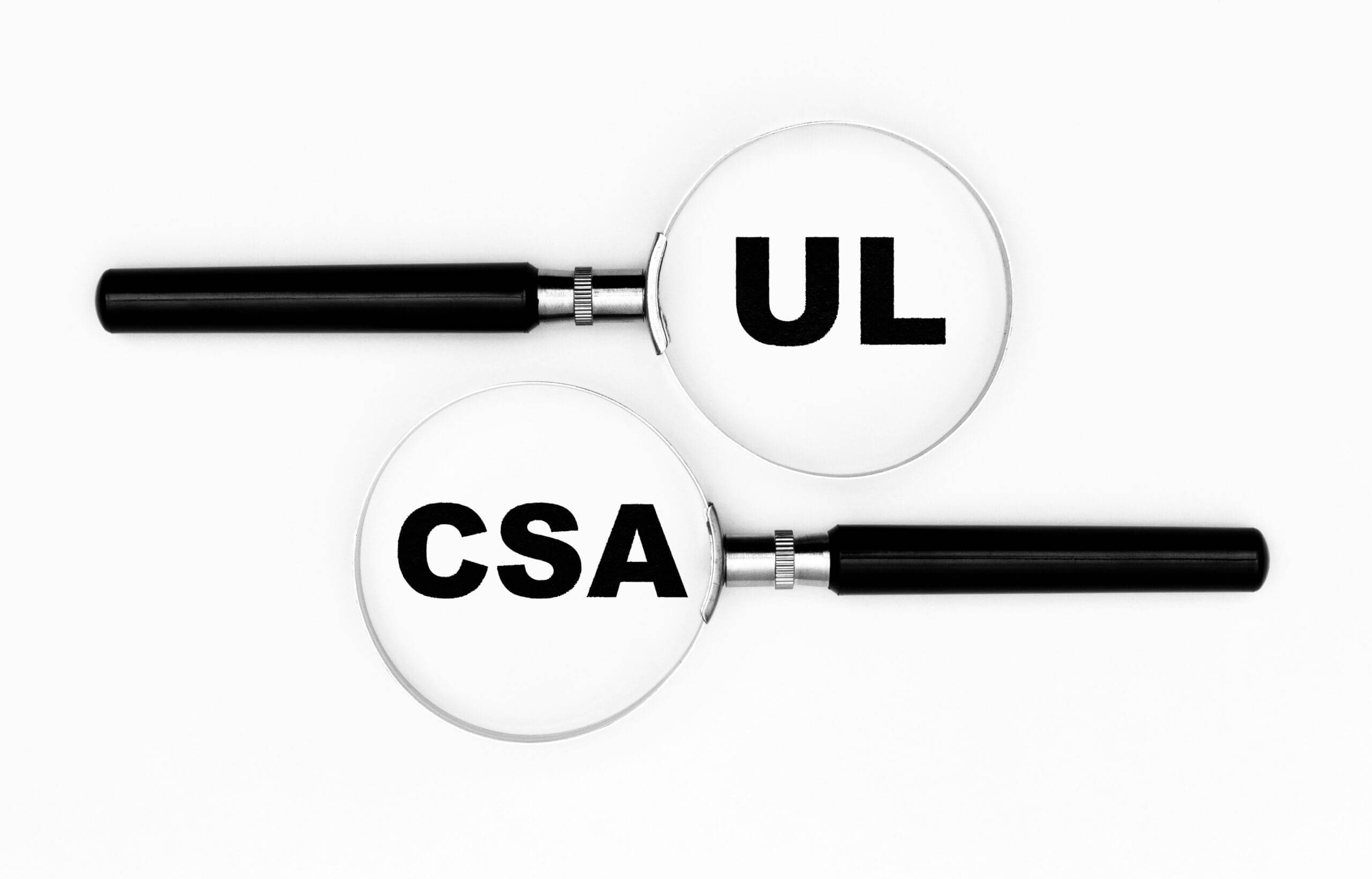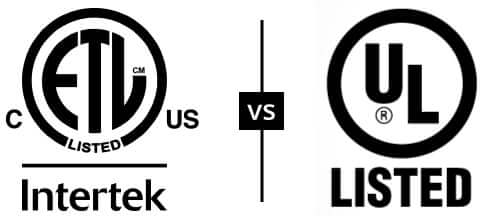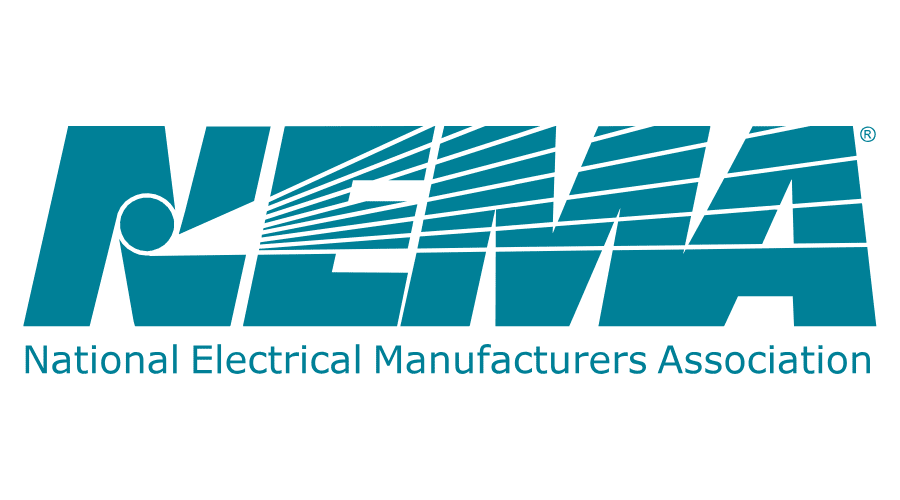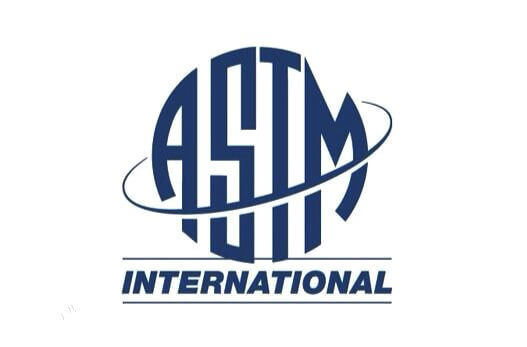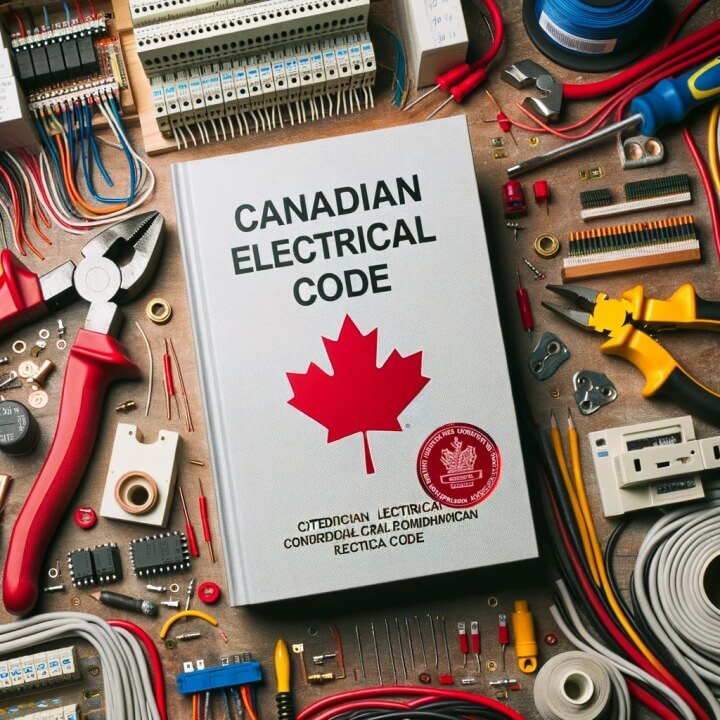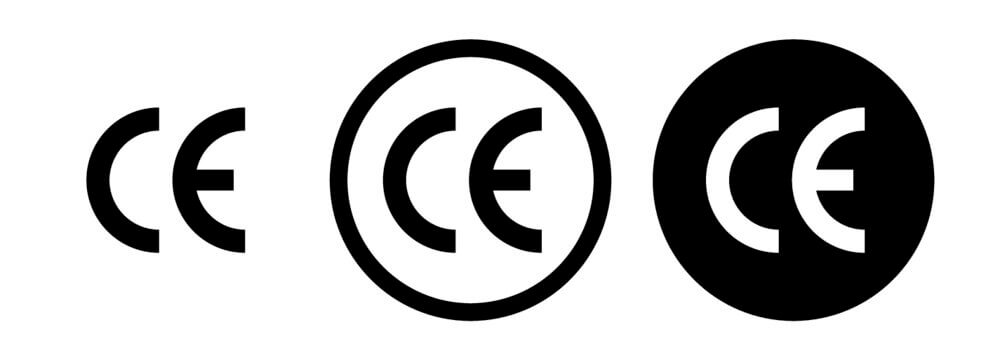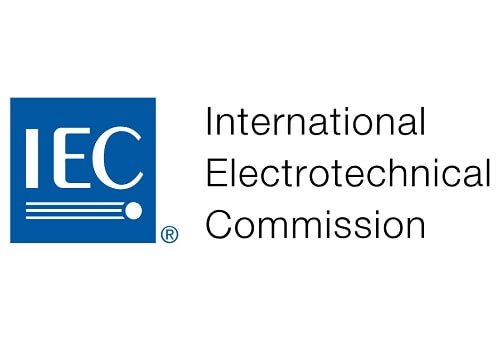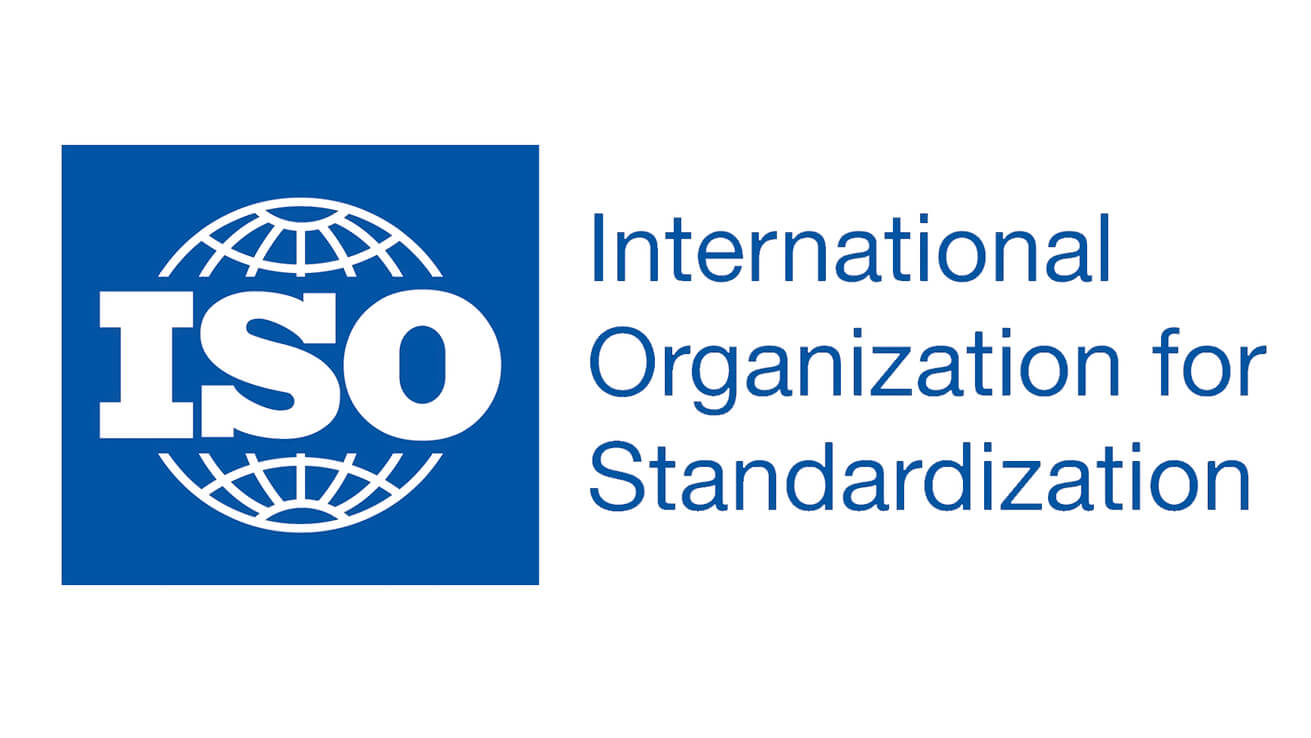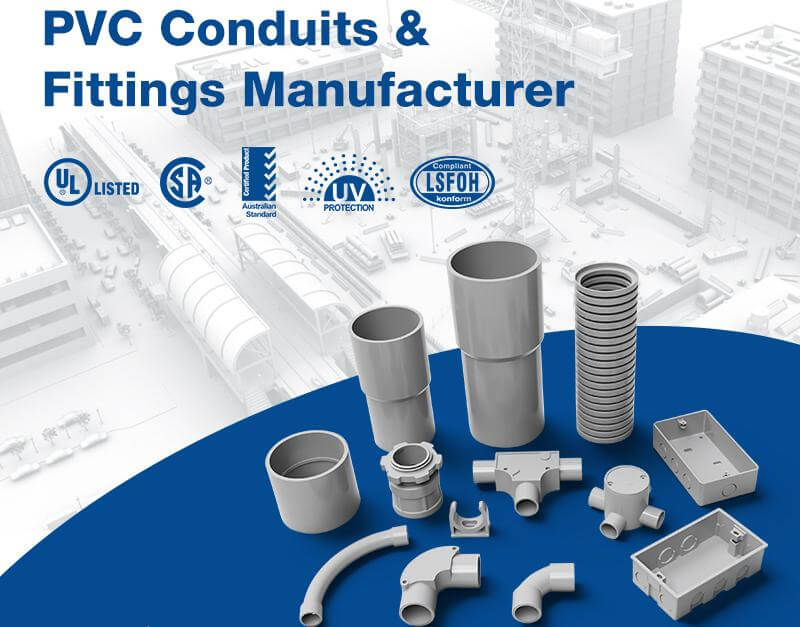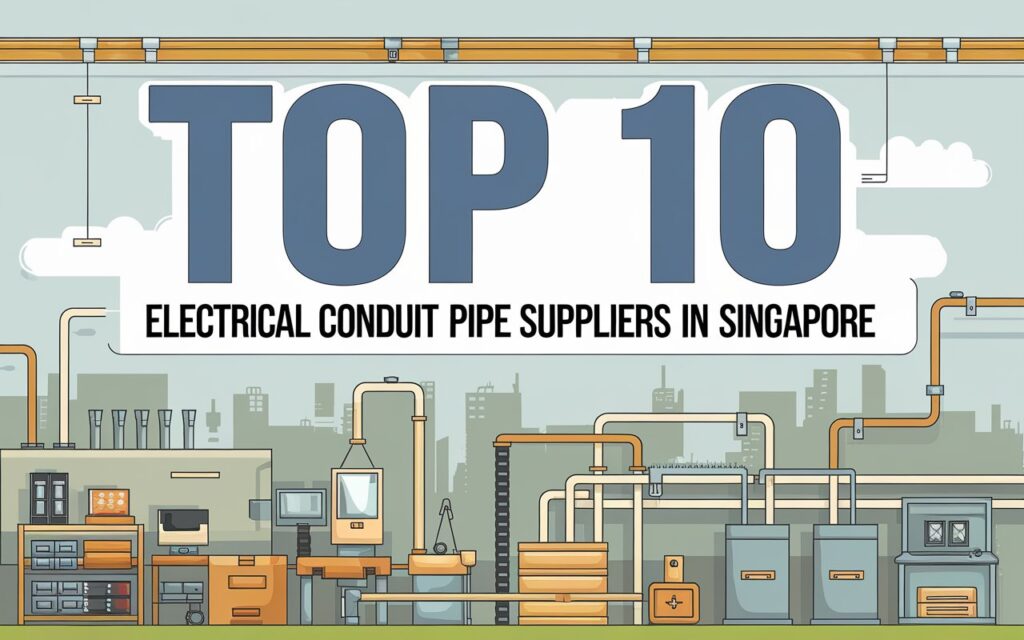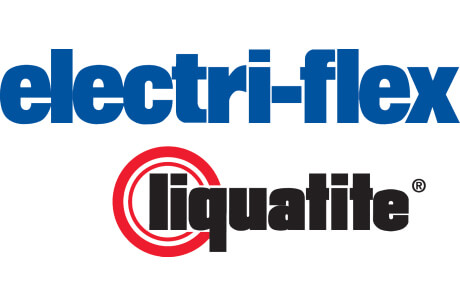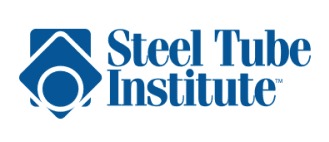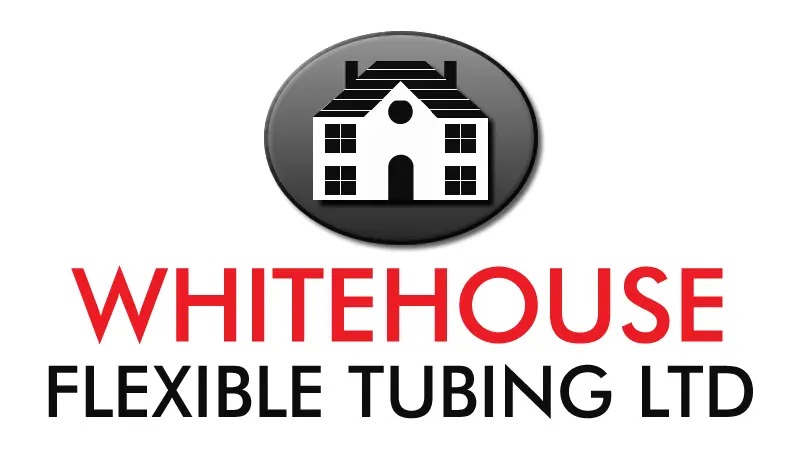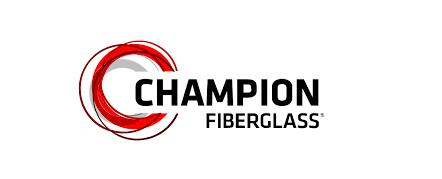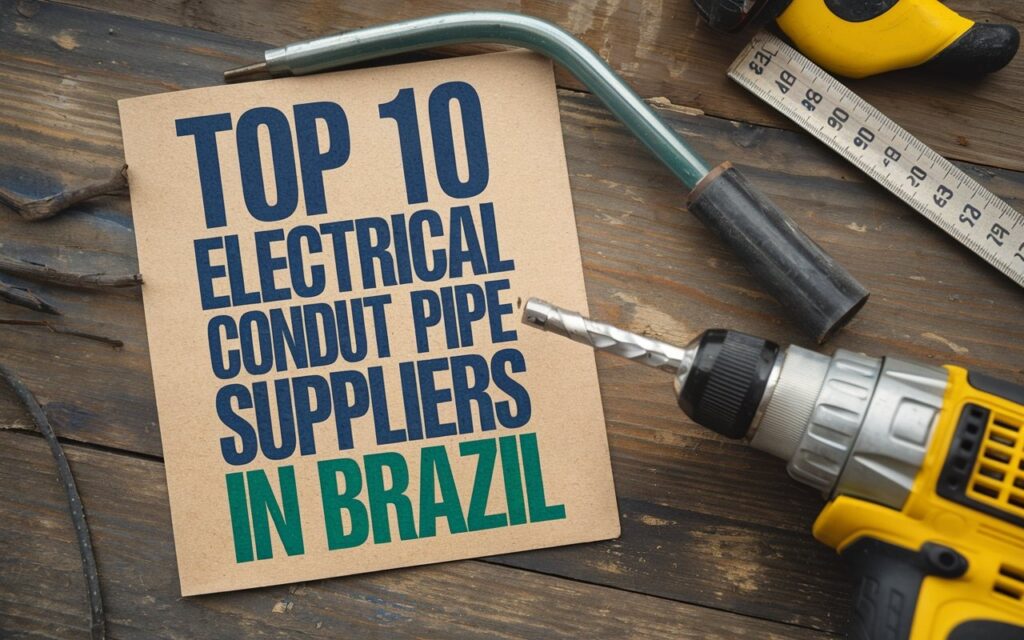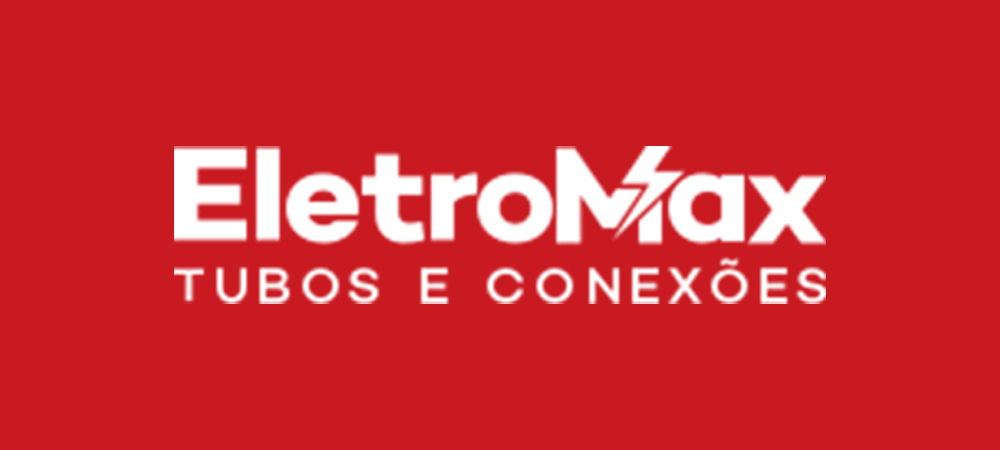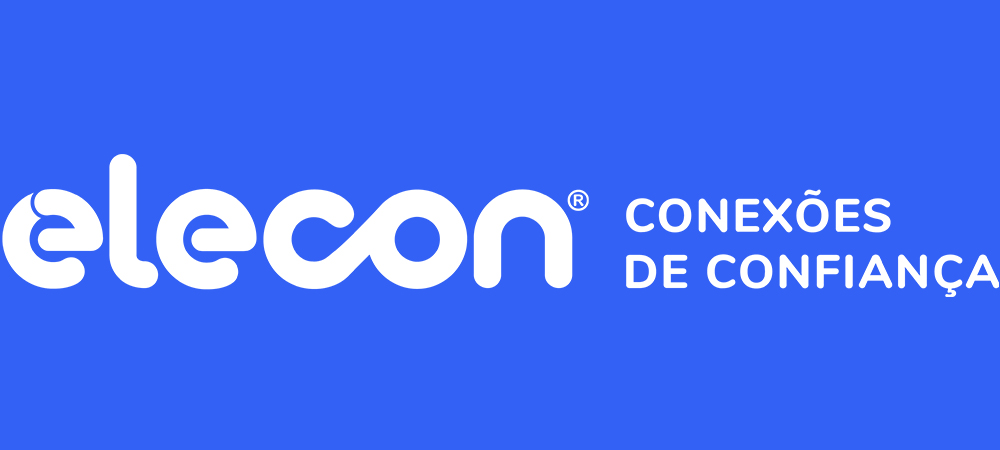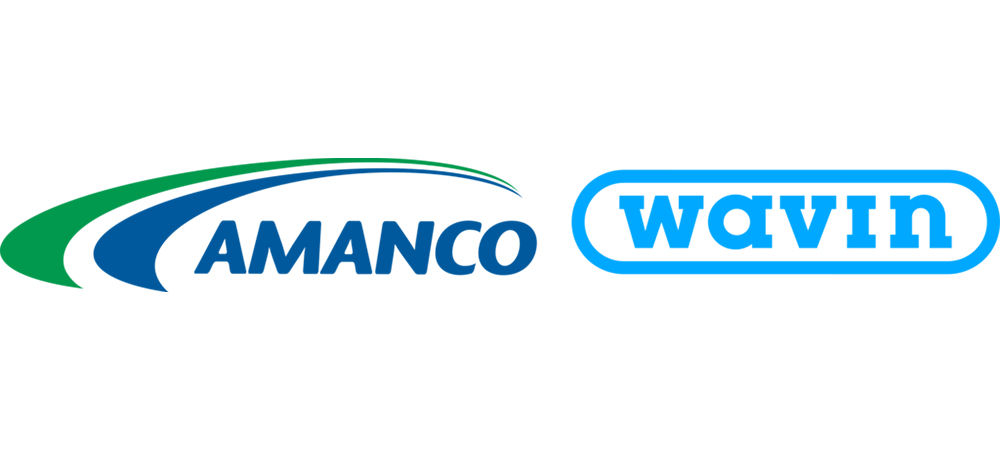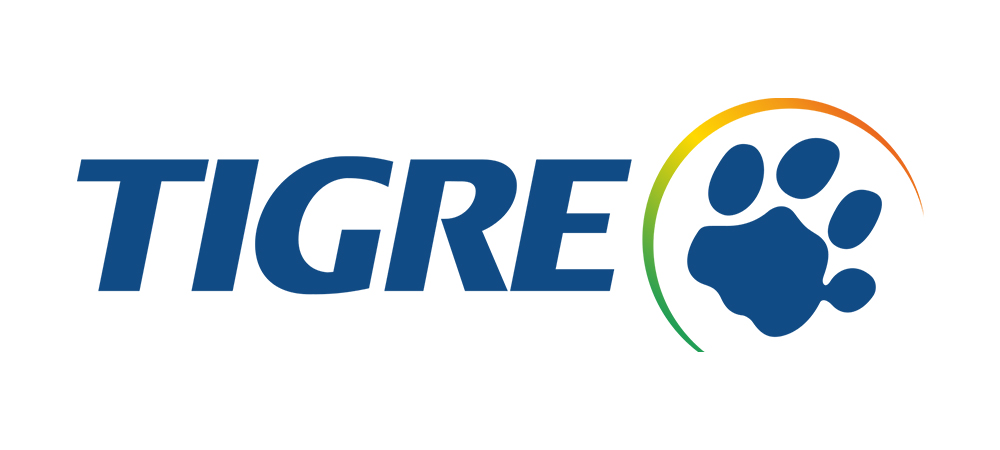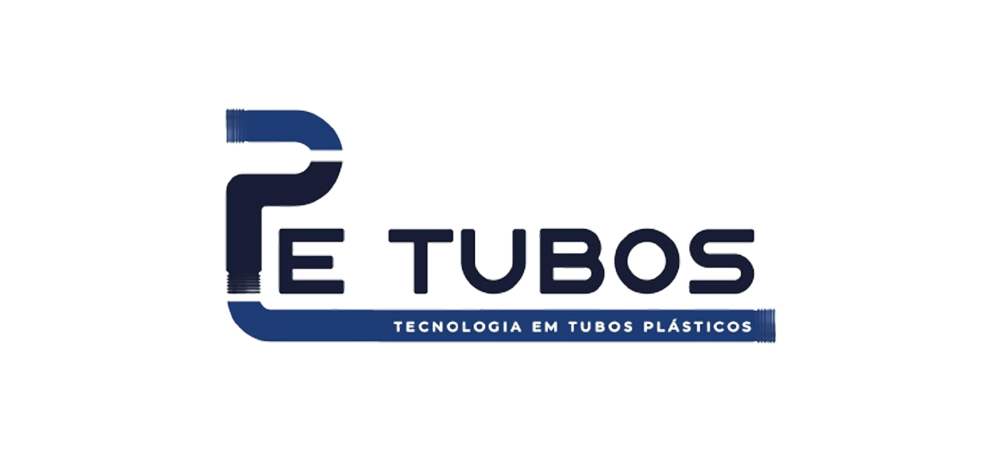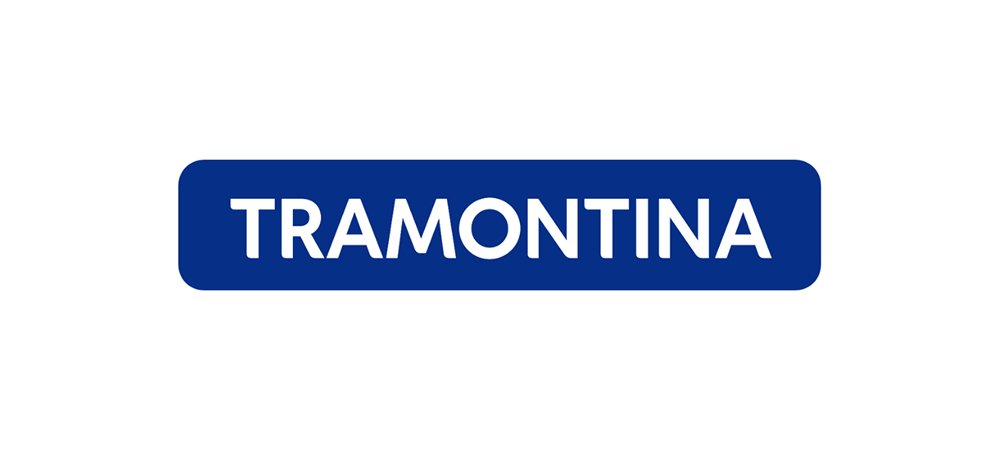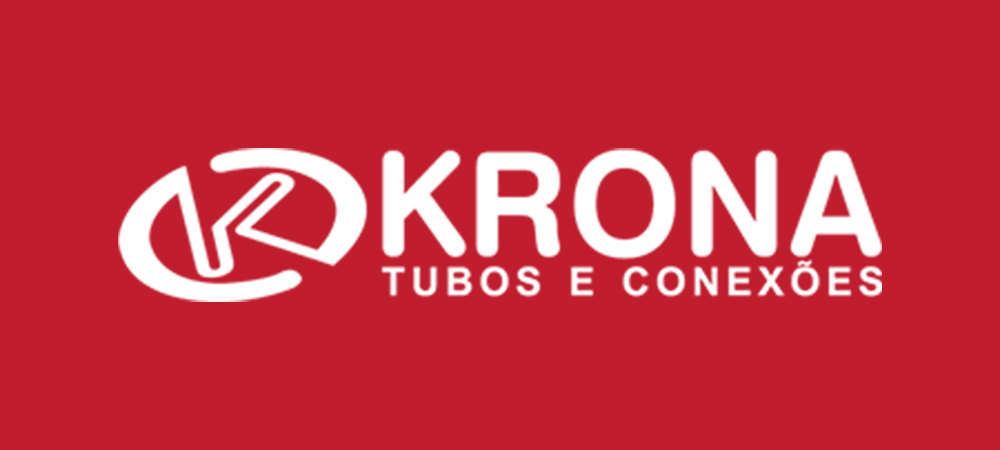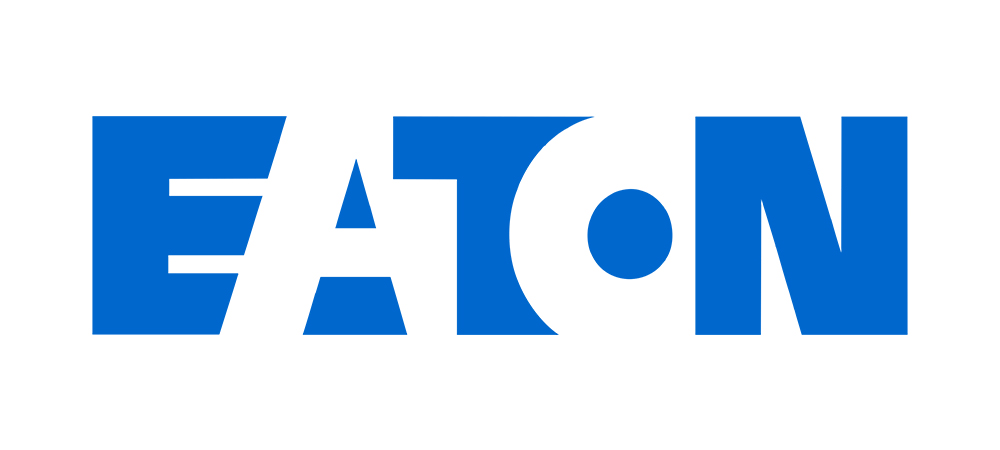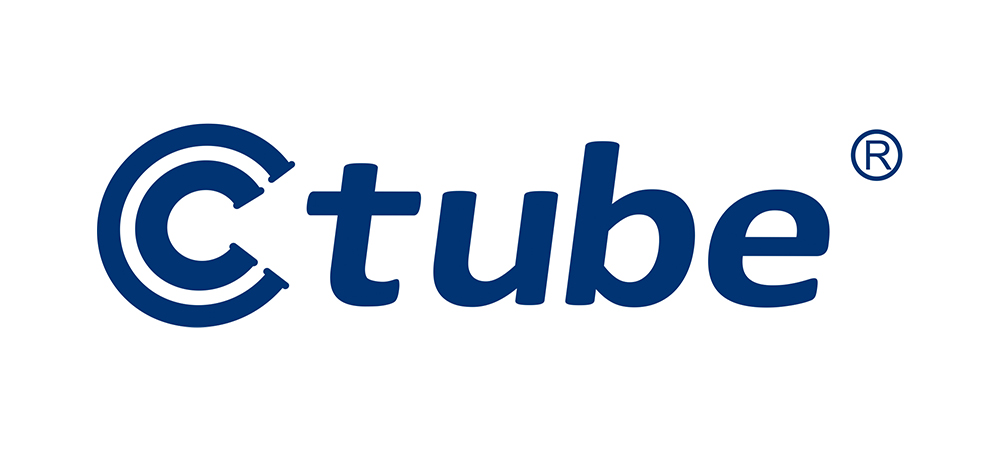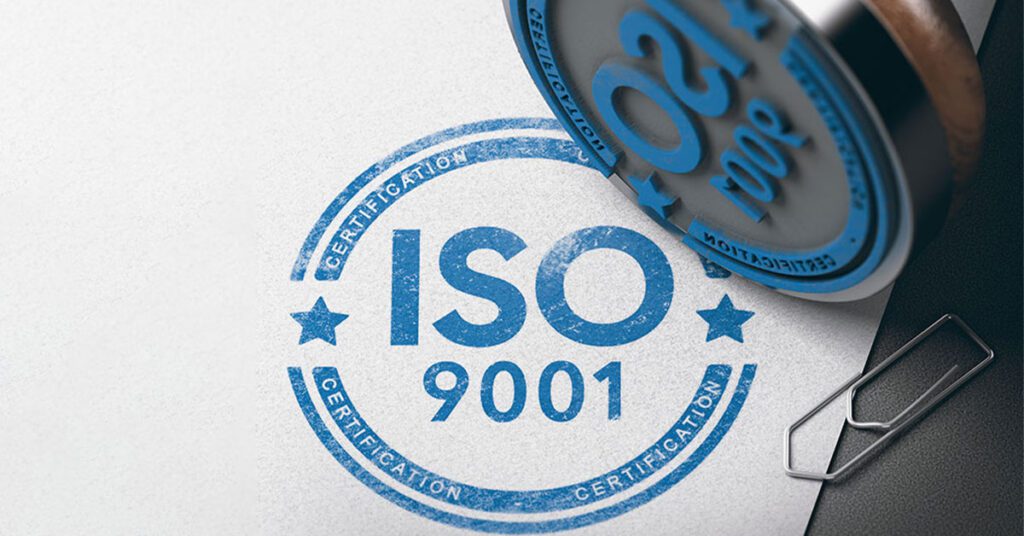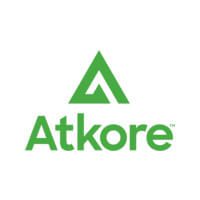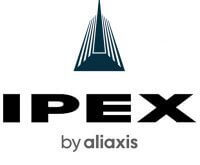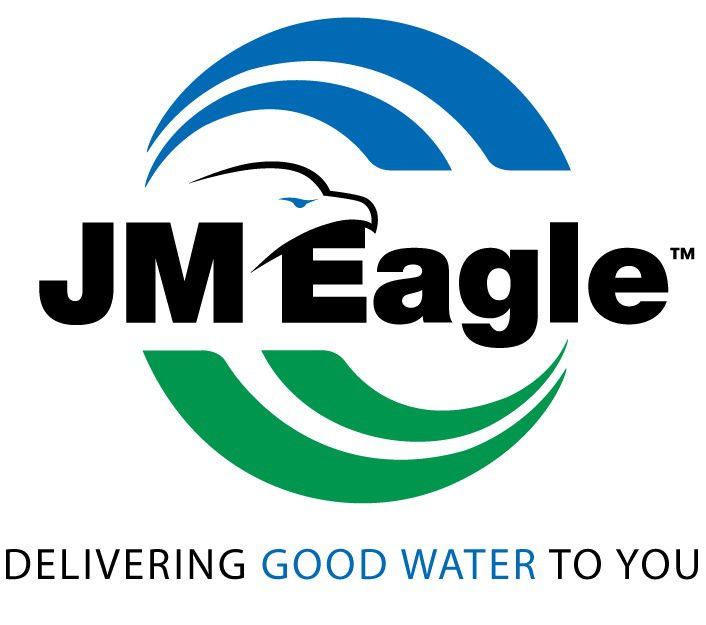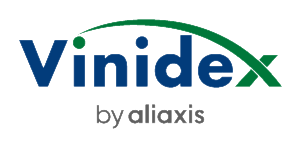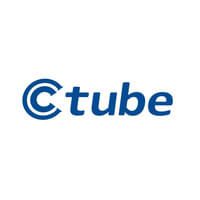Top 10 Electrical Conduit Manufacturers in Mexico
1. Atkore
Atkore is a leading global manufacturer and distributor of electrical raceway products and solutions. With a rich history dating back to 1959, Atkore has established itself as a trusted name in the industry, known for its commitment to innovation, quality, and customer service. The company serves a wide range of sectors, including construction, industrial, and infrastructure, providing essential components that enhance the safety, reliability, and efficiency of electrical systems.
– Product Range: Atkore offers an extensive portfolio of products designed to meet diverse electrical and mechanical needs. Their product lineup includes electrical conduits and fittings, providing a variety of conduits such as rigid, flexible, and PVC options, along with the necessary fittings to ensure secure and efficient installations. They supply cable management systems like cable trays, ladder racks, and wire baskets, which are crucial for organizing and protecting cables in various settings. Atkore also offers mechanical products and solutions including steel tubing and pipe, strut systems, and accessories, essential for construction and industrial applications. Additionally, the company delivers fire protection solutions, such as fire-rated enclosures and pathway devices, designed to enhance safety in commercial and industrial buildings.
– Value Proposition: Atkore’s value proposition is built on several key principles. The company emphasizes innovation, continuously developing new products and solutions to meet evolving market demands. Quality is a cornerstone of their operations, with rigorous testing and quality control measures ensuring the reliability and durability of their products. Atkore is also committed to customer service, providing tailored solutions and exceptional support to meet specific project needs.
2. IPEX
IPEX is a leading North American manufacturer and supplier of thermoplastic piping systems. With decades of experience in the industry, IPEX has built a reputation for delivering high-quality, innovative products that meet the needs of various sectors, including plumbing, electrical, municipal, and industrial applications. The company is committed to providing sustainable and reliable solutions that enhance infrastructure and ensure efficient fluid and gas management.
– Product Range: IPEX offers a comprehensive range of products designed to cater to diverse application needs. Their product portfolio includes a variety of thermoplastic piping systems, such as PVC, CPVC, and PEX pipes, essential for plumbing, water distribution, and industrial processes. They supply a wide array of electrical conduits and fittings, designed to protect and route electrical wiring safely and efficiently. For municipal infrastructure, IPEX provides solutions including sewer, stormwater, and water distribution systems, ensuring durability and reliability in public utilities. Additionally, the company delivers industrial products such as valves, fittings, and pipe systems that meet the rigorous demands of industrial applications.
– Value Proposition: IPEX’s value proposition is centered on innovation, quality, and customer service. The company continuously develops new products and solutions to meet the evolving needs of their clients. Rigorous quality control measures ensure the reliability and performance of their products, which are manufactured to the highest industry standards. IPEX is dedicated to providing exceptional customer service, offering technical support, training, and tailored solutions to meet specific project requirements.
3. Cantax
CANTEX Inc. is a prominent manufacturer of PVC electrical conduit, duct, fittings, and accessories. With over 60 years of experience in the industry, CANTEX has established itself as a leader in providing high-quality PVC products designed to meet the needs of the electrical, utility, and construction markets. The company operates state-of-the-art manufacturing facilities across the United States, ensuring consistent product quality and availability.
– Product Range: CANTEX offers an extensive range of products designed to cater to various applications. Their product portfolio includes a comprehensive selection of PVC electrical conduits and fittings, such as Schedule 40, Schedule 80, and ENT (Electrical Nonmetallic Tubing), designed to protect and route electrical wiring in residential, commercial, and industrial installations. They also supply PVC duct systems for telecommunications and utility applications, ensuring reliable and durable protection for cables and conductors. Additionally, CANTEX provides a wide array of PVC fittings and accessories, including couplings, elbows, junction boxes, and adapters, which are essential for completing and maintaining conduit systems. Moreover, the company offers custom solutions tailored to meet specific project requirements, demonstrating their ability to address unique client needs.
– Value Proposition: CANTEX’s value proposition is built on a foundation of quality, innovation, and customer service. The company is dedicated to manufacturing products that meet stringent industry standards and provide long-lasting performance. CANTEX invests in research and development to continuously improve their product offerings and address evolving market demands. Their commitment to customer service is evident in their comprehensive support, including technical assistance, product training, and tailored solutions.
4. Rawelt
Founded in 1974, Rawelt is a subsidiary of Grupo Revuelta®, a company known for producing high-quality aluminum diecast components. Initially established to manufacture parts for scales, Rawelt has since expanded into the production of accessories for electrical installations, solidifying its position as a leader in this field.
– Product Information: Rawelt offers a comprehensive range of products for various electrical installations. These products are manufactured using aluminum diecast processes, ensuring high physical strength and corrosion resistance. Include conduit connectors, rigid conduit, pipe straps, and Unistrut channels etc. These products are designed for use in hazardous, corrosive, and industrial areas, reflecting Rawelt’s commitment to safety and durability.
– Value Concept: Rawelt emphasizes quality and integration in its manufacturing processes. The company is equipped with state-of-the-art technology and maintains stringent quality controls, including metallurgical laboratory tests and nondestructive testing. All products comply with UL (Underwriters Laboratories Inc.) and CSA (Canadian Standards Association) standards, ensuring high reliability and safety.
5. Tubacero
Tubacero is a prominent industrial company based in , specializing in the manufacturing and distribution of steel products. With a strong presence in the market, Tubacero is known for its extensive experience and expertise in the steel industry, providing high-quality products to various sectors. The company is committed to excellence and innovation, ensuring that its offerings meet the evolving needs of its clients.
– Product Range: Tubacero offers a wide range of steel products designed for various industrial and infrastructure applications. Tubacero provides specialized conduits designed to protect electrical wiring systems. These conduits enhance safety and durability in electrical installations, ensuring reliable performance in both residential and industrial settings. Their extensive product portfolio includes line pipes for conducting sour and non-sour hydrocarbons, ensuring safe and efficient transport in the oil and gas industry. They provide casing pipes with premium quick thread connectors, essential for oil well casing. Tubacero produces line pipes for water conduction, crucial for aqueducts and other water management systems. They offer external coating systems for pipe corrosion protection, extending the lifespan and performance of their products.
– Value Proposition: Tubacero’s value proposition is centered on several key principles. The company emphasizes quality, ensuring that all its products adhere to stringent industry standards and provide reliable performance. Innovation is a core focus, with Tubacero continuously investing in technology and processes to enhance product offerings and meet market demands. Customer satisfaction is paramount, and the company strives to deliver tailored solutions and exceptional service to its clients.
6. Alaflex
Alaflex is a prominent manufacturer based in Mexico, specializing in the production of high-quality flexible conduit systems and related accessories. Established with a focus on innovation and customer satisfaction, Alaflex has positioned itself as a leading player in the conduit and cable management industry. The company is recognized for its commitment to delivering reliable solutions that enhance the safety and efficiency of electrical and industrial installations.
– Product Range: Alaflex offers a broad spectrum of products designed to address various application needs. Their portfolio includes flexible conduits, available in both metallic and non-metallic options, which are essential for protecting electrical cables from physical damage and environmental factors. The company also provides a range of conduit accessories, including connectors, fittings, and mounting hardware, crucial for the proper installation and maintenance of conduit systems. Additionally, Alaflex supplies cable management solutions that help organize and protect cables, ensuring neat and efficient installations. For projects with specific requirements, Alaflex offers custom solutions, demonstrating their ability to meet unique client needs with precision and adaptability.
– Value Proposition: Alaflex’s value proposition is built on key principles. The company prioritizes innovation, continually advancing its product technology to meet evolving industry standards. Quality is central to their operations, with rigorous testing and quality control ensuring the reliability and durability of their products. Customer satisfaction is a core focus, with Alaflex committed to providing exceptional service and tailored solutions to meet specific needs.
7. Prominox
Prominox is a prominent Mexican company specializing in the manufacturing and distribution of stainless steel products. Established with a focus on providing high-quality solutions for a variety of industrial applications, Prominox has built a reputation for excellence and reliability in the stainless steel sector. The company is committed to delivering products that meet rigorous industry standards, supporting sectors such as construction, automotive, and manufacturing.
– Product Range: Prominox specializes in providing high-quality stainless steel products tailored for various industrial and construction needs. Their range includes stainless steel pipes and electrical conduits, which come in multiple grades and sizes, suitable for diverse applications such as plumbing, industrial processes, and structural uses. They also offer a variety of stainless steel fittings, including elbows, tees, and reducers, essential for effective and reliable piping system connections. For projects with unique specifications, they deliver custom stainless steel solutions, demonstrating their expertise and adaptability in meeting specific industrial requirements.
– Value Proposition: Prominox’s value proposition is built on several key principles. The company emphasizes quality, ensuring that all products meet stringent industry standards and are manufactured with high-grade stainless steel for durability and performance. Innovation is central to their approach, with continuous development of new products and technologies to meet evolving market demands. Customer service is a priority, with a commitment to providing tailored solutions and support to meet specific client needs.
8. PTM México
PTM México is a leading Mexican company specializing in the design, manufacture, and distribution of high-quality electrical and telecommunication products. Established with a focus on innovation and excellence, PTM México serves a wide range of industries, including construction, telecommunications, and energy. The company is recognized for its commitment to providing reliable solutions that meet the demands of modern infrastructure and technology.
– Product Range: PTM México offers a comprehensive range of products designed to meet diverse electrical and telecommunication needs. Their portfolio includes electrical conduits, available in both rigid and flexible options, which are essential for protecting wiring and ensuring safe, efficient installations. They also provide cable management systems, including trays, ducts, and fittings, to effectively organize and safeguard cables across various environments. For telecommunication infrastructure, PTM México supplies specialized products such as fiber optic cables and connectivity solutions. Additionally, they offer custom solutions tailored to specific client requirements, showcasing their ability to address unique project challenges with precision and expertise.
– Value Proposition: PTM México’s value proposition is built on several core principles. Innovation is at the heart of their approach, with a commitment to developing advanced products and solutions that meet the evolving needs of their customers. Quality is paramount, with rigorous testing and quality control ensuring the reliability and durability of their products. Customer satisfaction is a key focus, with the company dedicated to providing exceptional service and tailored solutions to meet specific project requirements.
9. Dura-Line
Dura-Line is a leading manufacturer and distributor of advanced conduit and piping solutions, catering to the telecommunications, electrical, and industrial sectors. Established as a key player in the Latin American market, Dura-Line has built a reputation for delivering high-quality products and innovative solutions. The company is part of the global Dura-Line network, which is renowned for its extensive experience and commitment to excellence in the conduit and piping industry.
– Product Range: Dura-Line excels in producing high-density polyethylene (HDPE) electrical conduits that are pivotal for safeguarding electrical systems across diverse environments. Our HDPE electrical conduits are engineered for exceptional durability, resistance to environmental factors, and ease of installation. They offer robust protection against mechanical damage, chemical exposure, and UV radiation, ensuring reliable performance in both indoor and outdoor applications.
– Value Proposition: Dura-Line’s value proposition is grounded in several key principles. The company emphasizes innovation, consistently developing and integrating advanced technologies to enhance its product offerings and stay ahead in the market. Quality is a fundamental focus, with rigorous standards ensuring that all products deliver reliable performance and durability. Customer satisfaction is central to their approach, with a commitment to providing exceptional service and tailored solutions to meet client needs.
10. Ctube
Ctube is a professional PVC conduit and fittings manufacturer in China, specializing in the development and production of innovative PVC conduits and fittings for cable management and protection.
– Product Excellence: Known for their durability and flexibility, Ctube’s conduits are designed to deliver reliable protection for electrical wiring, ensuring longevity and optimal performance in diverse conditions. Our product range includes PVC rigid conduit, Electrical Nonmetallic Tubing (ENT), conduit fittings, couplings, adaptable boxes, male adapters, and more. Products undergo rigorous testing and certification.
– Customer Focus: At the heart of Ctube’s operations is a strong emphasis on customer satisfaction. The company provides comprehensive technical support, offering detailed product information and personalized assistance to help customers select the ideal conduit solutions for their specific applications. Ctube’s customer-centric approach, combined with their emphasis on high-quality products and innovative technology, solidifies their reputation as a trusted partner in the electrical conduit industry.
– Special Series: Low Smoke Halogen Free and Photovoltaic Solar Conduits. These advanced PVC conduits are engineered to meet the high standards of safety and performance. The Low Smoke Halogen Free Conduits provide superior protection by emitting minimal smoke and no toxic gases in the event of a fire, enhancing safety in high-risk environments. Meanwhile, the Photovoltaic Solar Conduits are designed for outdoor solar power systems, offering exceptional UV resistance and durability to ensure reliable performance and protection against environmental elements.
Top 10 Electrical Conduit Manufacturers in Mexico Read More »

